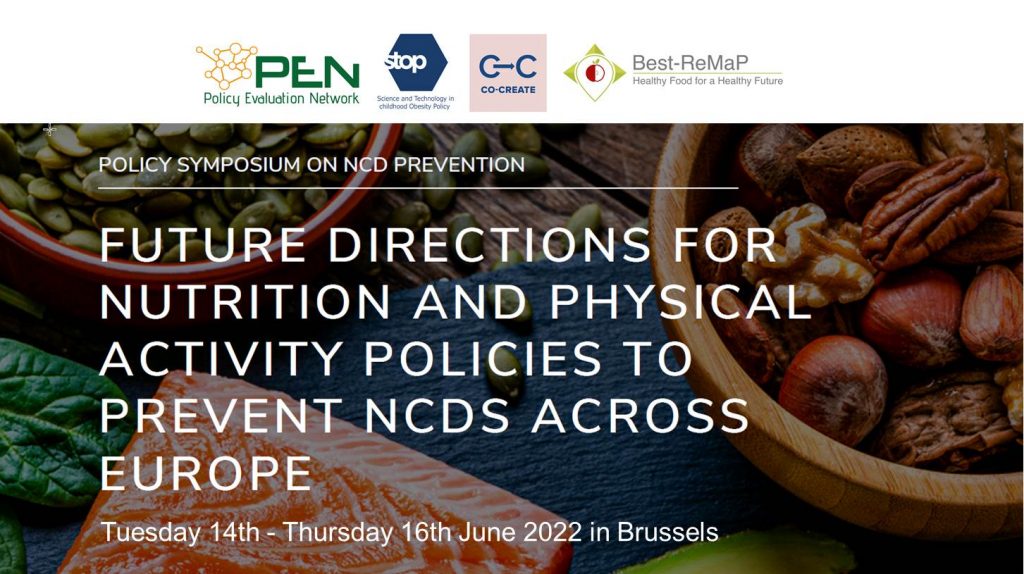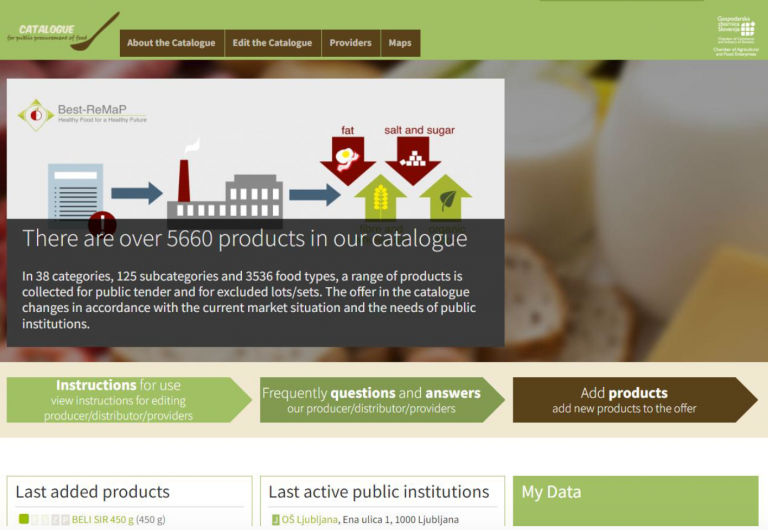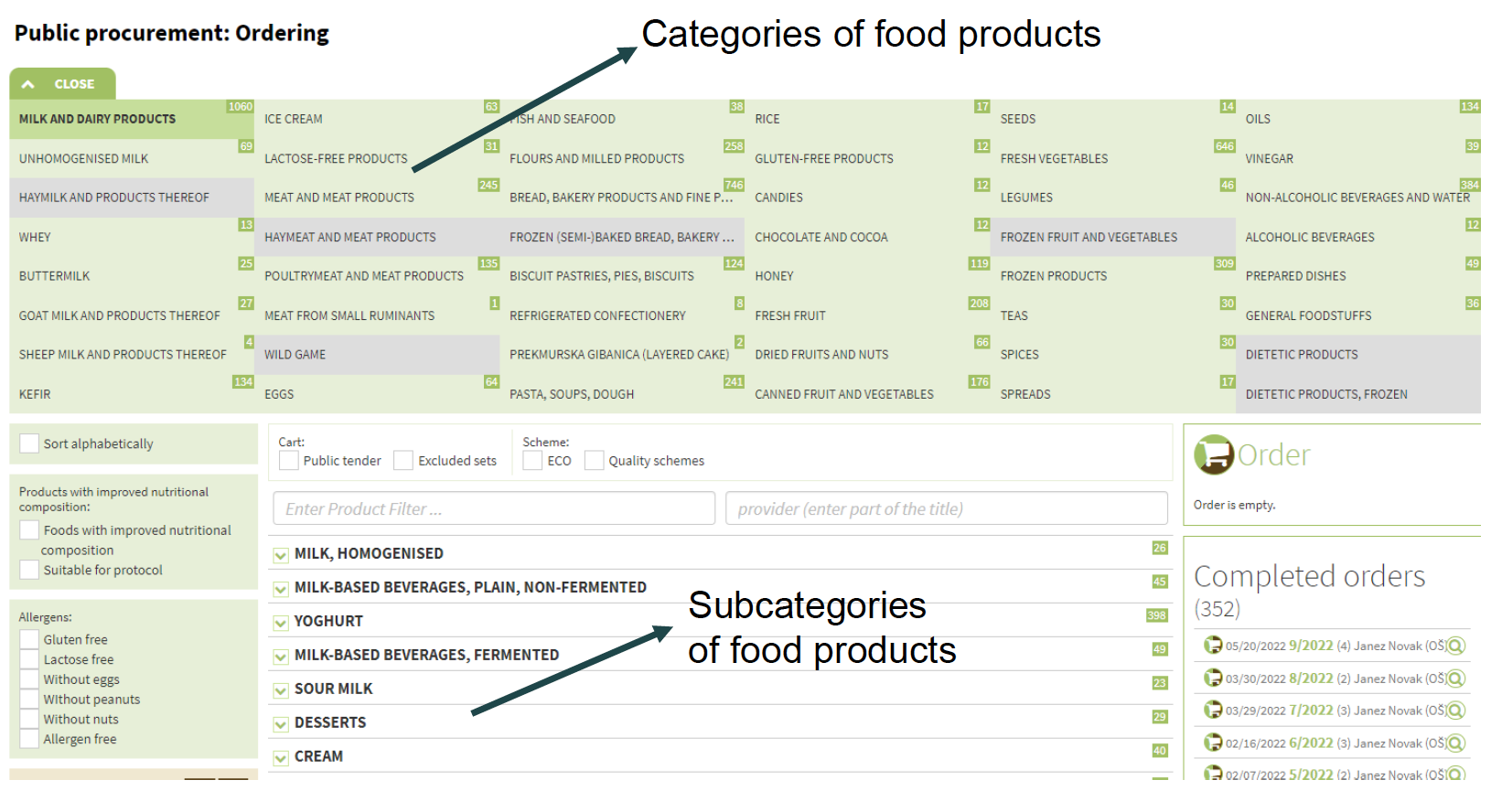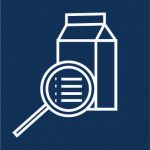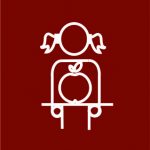Welcome to the 3rd Best-ReMaP Newsletter
September | 2022
Welcome to the third newsletter of the Best-ReMaP (2020-2023), a Europe-wide Joint Action that seeks to contribute to an improved quality of food supplied to citizens of Europe by facilitating the exchange and testing of good practices.
In this newsletter, you can read about the Policy Symposium on Non-Communicable Diseases, where the results of four projects focused on nutrition and physical activity (CO-CREATE, STOP, Best-ReMap and PEN) and a collective vision for future policy, research and funding were presented in June 2022 in Brussels. We also share an article about the Workshop on Public Catering and Food Procurement that was organised in Ljubljana, Slovenia, in May 2022. Last but not least, we are pleased to inform you that several of the results of the Best-ReMap project are now available here.
Best-ReMaP Communications Team

Albert Aszalos

Reka Kovacs

Špela Fistrič

Eva Csecsodi
Policy symposium on non-communicable diseases (NCD) prevention
- Brussels, 14-16 June 2022
Future directions for nutrition and physical activity policies to prevent non-communicable diseases across Europe
In June 2022, four European projects came together for a conference exploring future directions for nutrition and physical activity policy across Europe. The projects – CO-CREATE, STOP, Best-ReMap and PEN – are each exploring different considerations, emerging evidence and policy monitoring, for improving nutrition and physical activity to help prevent childhood obesity, other non-communicable diseases (NCDs) and improve the health of populations.
These four projects represent the largest, multi-country consortium projects focused on diet and physical activity in Europe.
Please click here to read the key achievements of the four projects date in line with the symposium discussions, as well as a collective vision for future policy, research and funding.
Building the Future of Public Catering and Food Procurement
Knowledge transfer workshop in Slovenia, 24-26 May 2022
The cultural diversity that characterises the European Union is also reflected in the public catering sector. There are several customs in multiple countries, which gives us many opportunities to learn from each other. The Knowledge Transfer Workshop on Public Catering and Food Procurement that was organized in Ljubljana, Slovenia, between 24-26 May 2022 as part of the Best-ReMaP JA, provided an excellent opportunity for participants from 7 Member States to do just that. Thanks to Mojca Gabrijelčič, leader of Work Package 7, and her team at the Slovenian National Institute of Public Health (NIJZ), the participants benefited from three days of knowledge exchange in the Slovenian capital.
One of the main objectives of Work Package 7 is to show how public procurement of food is carried out in Slovenia and to promote it as a good practice among Member States. The knowledge transfer workshop in Ljubljana aimed at presenting the Food Catalogue and the food procurement process developed as part of the Slovenian Dober tek, Slovenija! public health and nutrition programme. During the workshop, participants were given a detailed insight into the elements of the catalogue and the practical functioning of the procurement process. A country-specific test version of the Food Catalogue will be rolled out in several Member States as part of the Best-ReMaP JA.
A major strength of the Slovenian Food Catalogue and the relevant food procurement legislation is the emphasis on quality in procurement. The tender award criteria for procurement of food stuffs gives preference to products that are covered by quality schemes, e.g. for seasonal organic products, food stuffs produced in conformity with national food quality regulations, and foodstuffs that are sustainably produced and processed and are of high quality in terms of freshness or where their transport causes less environmental impact. The Food Catalogue provides detailed product information for buyers and even shows the location of producers in a map view, making it even easier to select products from regional short supply chains. The food procurement process is in the process of step by step digitalisation, and all functions from product selection, ordering to order tracking are available on the platform, making the work of procurement officers much easier and also preventing potential events of fraud. Furthermore, the fact that all this is done through a digital platform provides ample opportunities to produce comprehensive statistics and reports on the current state of food procurement, which also contributes to the enhancement of food safety.
The workshop revealed that the Slovenian good practice could be a good starting point for many countries to build organised food procurement from the ground up. Katarzyna Brukało from the Medical University of Silesia in Katowice, Poland said that ‘We would like to use the Slovenian practice as a benchmark in Poland…because we are only at the beginning of this work. Slovenians could show us how to improve the food quality standards of public procurements.’ Vesna Pazin, dietitian and public procurement officer from Bosnia and Herzegovina made a similar statement: ‘This project will help our local governments to see the bigger picture’ and added that ‘the best part of the Slovenian practice is the transparency, you can see all products in the same place.’ Anita Varga from the National Institute of Pharmacy and Nutrition in Hungary, said that ’the Slovenian practice, including the food catalogue is very inspiring. A great advantage of the catalogue is that it facilitates the product overview on the market, which can be an extremely time-consuming process otherwise. Besides this, the use of the tool can result in higher proportion of local food with less administrative burden.’
Other countries see an opportunity to transfer elements from the Slovenian model to further develop their existing, well-established system. Mette Svendgaard Høgholm from Copenhagen Municipality highlighted that ‘… connecting all the data and make all the suppliers fill in the information is a great feature of the Slovenian practice, and in Denmark we struggle with that.’ Gabriele Antony from the Austrian National Public Health Institute pointed out that ‘… one of the most important strength of the Slovenian practice is transparency, and public institutions have the opportunity to get all this information about the food stuffs, which is a great advantage during tendering and procurement…in Austria public procurement officers do not have the time to get all this information…we will try to make a knowledge transfer of what we learnt in Best-ReMaP JA to our procurement agency at the provinces that use the current (Austrian) tool (for public procurement). We will try to build this bridge.’
Dr Venetia-Maria Vraila from the Institute of Child Health in Greece said that ‘the tool helps everything to be well-organized and to see multiple products at the same time’, while Eleftheria Papachristou from Harokopio University, Greece added that another advantage of the Slovenian model is that it supports ‘the inclusion of small producers, while in Greece we only have big retailers, which is important for the local economy’. Tiina Sirkjärvi from the Finnish Institute for Health and Welfare shared that in the Finnish public procurement system ‘we have many parts that are overlapping with the Slovenian practice, for example the centralized criteria… and we are investigating with open mind for new advantages. Nevertheless, it is important for us to be involved in the process.’
In addition to the presentation of the Slovenian good practice, participating Member States were also given the opportunity to show how food procurement and public catering is currently organised in their countries. The presentations revealed many interesting facts and provided an opportunity to exchange experiences and knowledge. Some countries already have a highly sophisticated public catering system, which further encourages other Member States to follow these examples and enhance their own processes. For example, in the public institutions in Finland free meals are provided to all children and young adults between 6 and 19 years of age, while in Denmark, in the province of Copenhagen, 95% of the raw materials sourced are of organic origin.
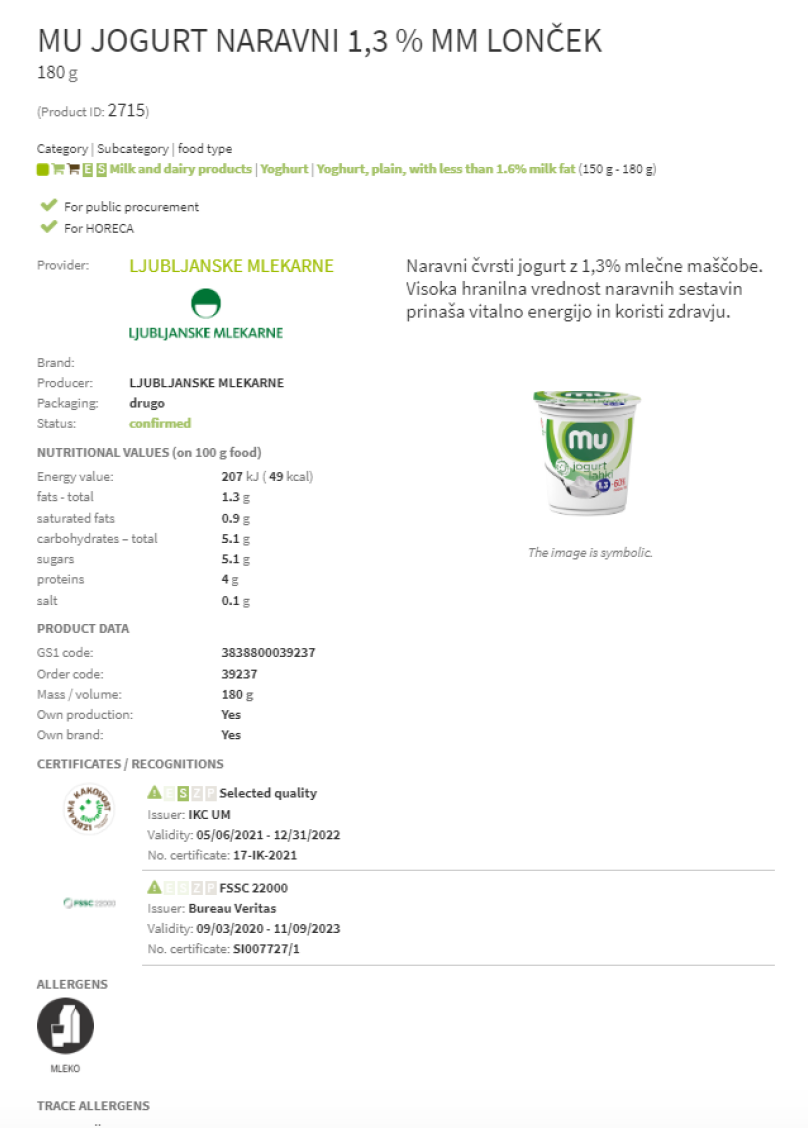
The Food Catalogue presents detailed information such as ingredients, nutritional content, product presentation and availability in a transparent way.
On the last day of the workshop, participants visited the headquarters of a network of nursery schools in Kranj serving 1,700 children to see how the Food Catalogue works in practice. The nursery network currently has 2 central kitchens and 2 preparatory kitchens, where a total of around 2600 meals are prepared daily. The representative of the nursery network, Luka Potočnik said that they have an excellent record in terms of the quality of the food they buy: 20% comes from local producers, 15% is certified organic, 24% complies with Slovenian quality schemes, while 41% is considered conventional food. They aim to achieve even better results in 2022 and to increase the proportion of high quality, local and organic food in their kitchens.
The continuous improvement of food procurement and public catering is a key to the health of European nations. Depending on the age group, children and young adults get 50 – 75% of their daily energy intake from the food they eat in public catering, therefore it is our common goal to ensure that the food of present and future generations is transparently sourced, fresh, sustainable and healthy, and is in line with the principles of balanced nutrition. The experts of the Best-ReMaP JA’s Work Package 7 are now dedicating their time and knowledge to this goal, working to make better proposals for improving food procurement and public catering in their home country.
For further information about our work please visit www.bestremap.eu and follow us on our social media platforms. Let’s work together for a healthier Europe!
The first results of the Best-ReMaP project
We are delighted to share with you the first results of the Best-ReMaP project. Please, visit the Results page of the website to see what are expert teams have been working on in the past 20 months
Work Package 4: Nutrition policies
D4.1 Documents retrieved in the desk research
M4.1 Summary report of the analysis of the interviews with EU expert on the integration and sustainability of Best-ReMaP outcomes
M4.2 Summary report of the analysis of the interviews with EU experts on the integration and sustainability of Best-ReMaP outcomes
Work Package 5: Reformulation and processed food monitoring
M5.1 Dissemination workshop on 1st snapshot results
M5.2 List of the priority food groups
M5.4 Launch of the batch 1 of the second snapshot
M5.5 Launch of the batch 2 of the second snapshot
M5.6 Preparatory trainings for data collection and encoding
Work Package 6: Marketing best practices
D6.1 An EU harmonised approach using the WHO nutrient profile model for the identification of foods not permitted for marketing to children
M6.1 Establishment of the EU Expert Group and national intersectoral working group
M6.2 A workshop on how to use adapt and implement the EU harmonised nutrient profile model
M6.3 Regulation and legislation mapping report
M6.4 Workshop on how to implement Codes of Practice to reduce unhealthy food marketing to children
We’re on social media
To stay up to date with the latest developments of the Best-ReMaP project and to get interesting information about what’s happening on the nutrition front in the EU, sign up for our newsletters and follow our social media channels.

The content of this website represents the views of the author only and is his/her sole responsibility; it cannot be considered to reflect the views of the European Commission and/or the European Health and Digital Executive Agency (HaDEA) or any other body of the European Union. The European Commission and the Agency do not accept any responsibility for use that may be made of the information it contains.

